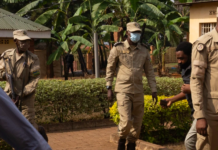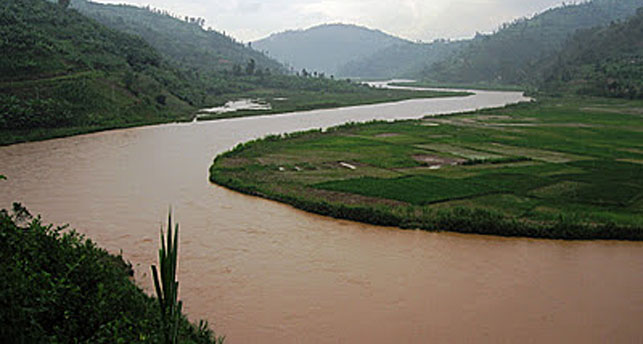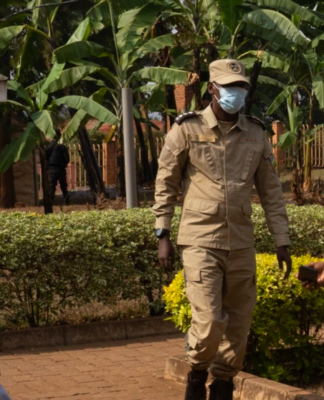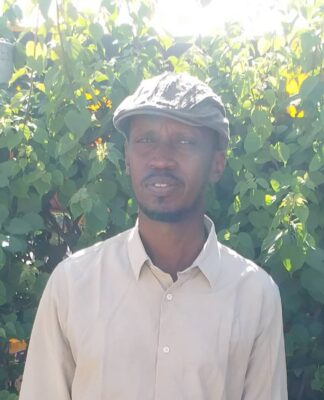By Dr David Himbara
Nyabarongo River, associated wetlands, and ecosystem are not only compromised, they are dying in front of our very eyes. It is not rocket science to figure out why. There are at least five “whys” — all of them human made under the watch of a hopeless regime.
- Agricultural production;
- Sand mining;
- Mineral mining;
- Pollution from mainly Kigali sewage and industrial effluents; and
- Land degradation — mainly soil erosion.

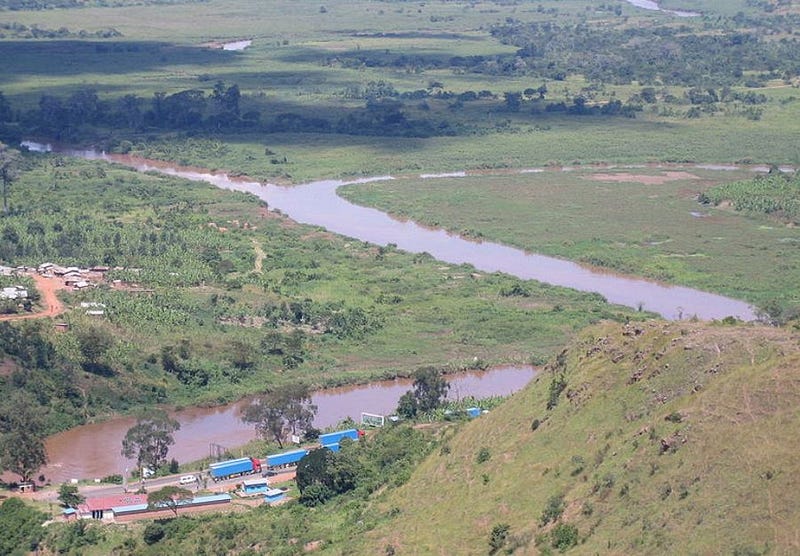
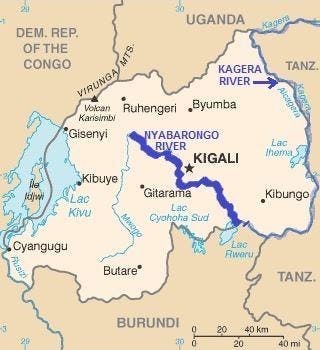
The Nyabarongo River flows over 300 km from its source in western Rwanda. Flowing northwards from the highlands of Nyungwe National Park initially as Mwogo River, Nyabarongo then turns southeastward until it comes within approximately 50 km south of Kigali City.
There it meets River Nyabugogo and continues eastwards through swampy valleys and small lakes in the lowlands of Bugesera-Gisaka before dumping into Lake Rweru shared by Rwanda and Burundi. Nyabarongo River changes the name to Akagera and soon heads northwards — before changing direction eastwards for 260 km to Lake Victoria in Uganda.
In the photographs shown here, Nyabarongo is brown from misuse and overuse. The effect of human factors that increase river sediment, not least the inappropriate land use is only too evident in these images.
Soil erosion is by far the most disastrous. In 1990, during the Habyalimana regime, one estimate held that “erosion caused a loss of productivity equivalent to 8,000 hectares per year, enough to feed 40 000 people.”
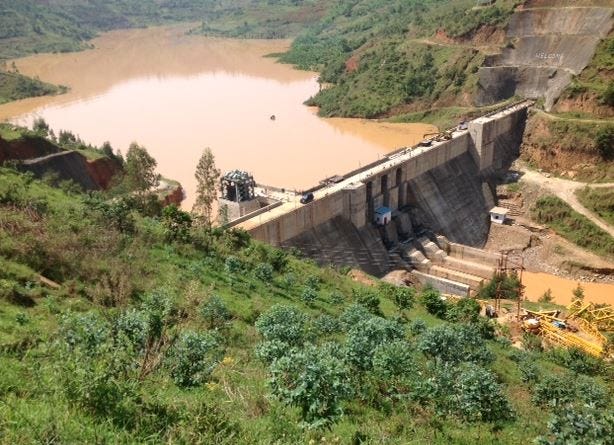
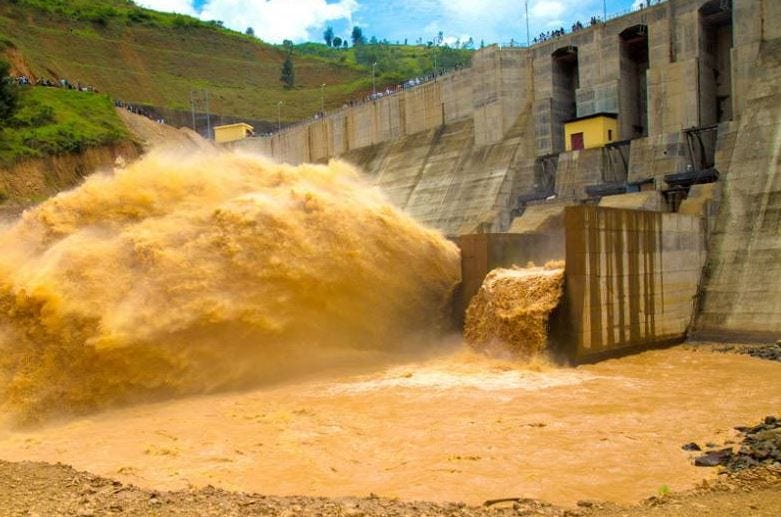
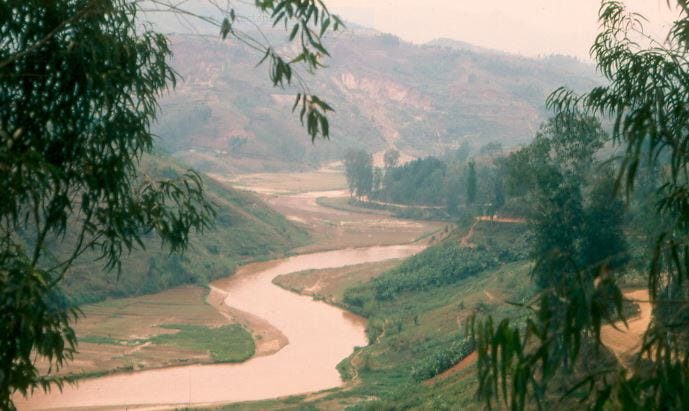
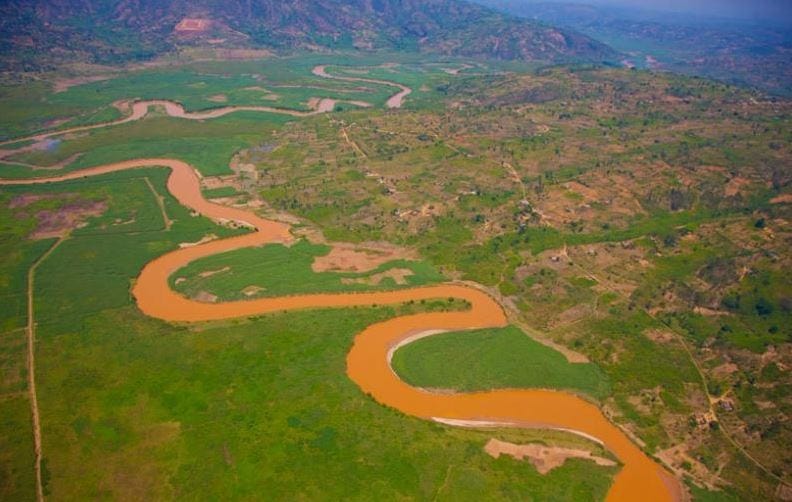
Poor Nyabarongo River. It has seen a lot. Besides suffering from poor agricultural production practices; sand mining; mineral mining; pollution from mainly Kigali sewage and industrial effluents; and land degradation, Nyabarongo may have played an even more horrible job in July 2014. Some 40 bodies found floating in Lake Rweru, some wrapped in plastic with their limbs bound, were said to have been carried downstream from Rwanda by poor Nyabarongo.


